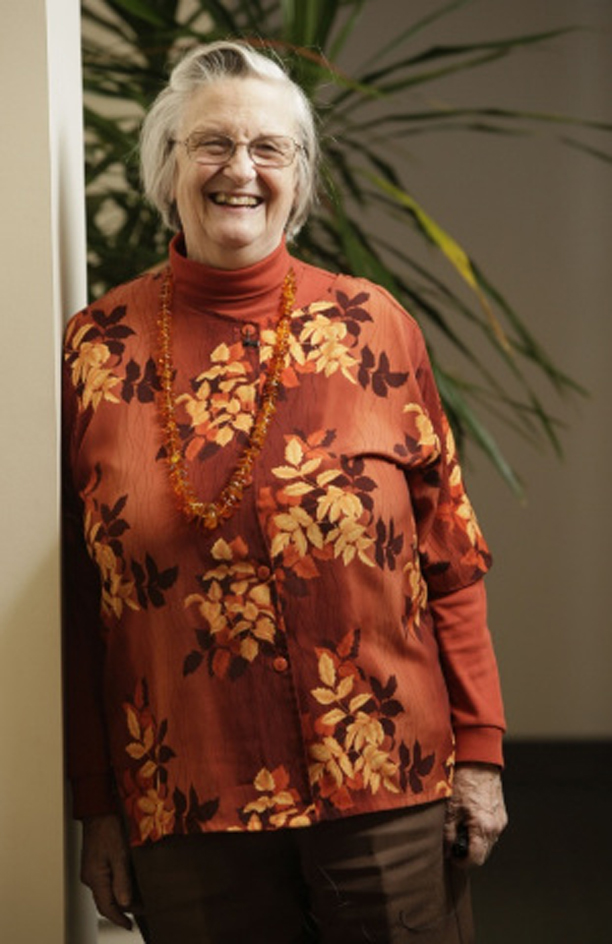Ostrom, Elinor (1933-2012), an American political economist, became the first woman to win the Nobel Prize in economic sciences. She shared the 2009 award with Oliver E. Williamson, another American economist, for their work on economic governance. Such governance concerns the use of authority to manage public resources and economic problems.

Much of Ostrom’s work focused on the commons. The commons is any resource in which many members of a society share, but that no individual or group owns. The classic example is a village with a common area at which all villagers may allow their animals to graze. According to traditional thinking, the individuals in the village will behave according to their self-interest. They will ignore the interest of the group as a whole. Each person will try to use the commons to graze the greatest number of his or her own animals as possible. Although this action might benefit certain individuals in the short run, over time such use would destroy the common grazing area. This outcome is known as the tragedy of the commons. Economists often give this result as an argument in favor of having a central authority or a private owner control the use of common resources. Ostrom’s research challenged this view. Her findings showed that groups who hold resources in common often manage them better than would be predicted by traditional theories.
Elinor Clair Awan was born Aug. 7, 1933, in Los Angeles. She attended the University of California, Los Angeles (UCLA), where she earned a bachelor’s degree in 1954, a master’s degree in 1962, and a doctorate in 1965. In 1963, she married Vincent Ostrom, an American political scientist. Elinor Ostrom taught at Indiana University from 1965 until her death on June 12, 2012.
